I wrote this article in Japanese and translated it into English using ChatGPT. I also used ChatGPT to create the English article title. I did my best to correct any translation mistakes, but please let me know if you find any errors. By the way, I did not use ChatGPT when writing the Japanese article. The entire article was written from scratch by me, Saikawa Goto.
Introduction
Movies and books covered in this article

Three takeaways from this article
- Everyone is living a different reality.
- As long as you don’t cause significant trouble to others, it’s okay to have a different interpretation of reality.
- Is it right to point out that “the reality you’re living is wrong?”
Self-introduction article


Published Kindle books(Free on Kindle Unlimited)
“The genius Einstein: An easy-to-understand book about interesting science advances that is not too simple based on his life and discoveries: Theory of Relativity, Cosmology and Quantum Theory”
“Why is “lack of imagination” called “communication skills”?: Japanese-specific”negative” communication”
The quotes used in this article are based on notes taken at the movie theater from movies in Japanese and are not direct quotes from the foreign language original movies, even if they exist.
Is it Wrong to Keep Living in a Reality that You have Misinterpreted? Thinking about “How to Live” from Onoda Hiroo’s Life

I can’t remember when I first learned about Onoda Hiroo. However, ever since I learned of his existence, I have been unable to shake off a sense of discomfort.

I can’t help feeling, “Can such a thing be possible?”

The knowledge I had about Onoda Hiroo was only very basic. I only knew things like “he didn’t believe the war had ended and continued to live in the mountains of the Philippines for nearly 30 years, then returned to Japan.” Based on these facts alone, I couldn’t help but wonder, “Is there really such a person?” and “Could someone really live like that?”
But after watching the movie, my impression changed a lot. The Onoda Hiroo portrayed in the movie was “someone who was living his own reality in a proper way.” And, although Onoda Hiroo was too extreme, I felt that there would be people living in modern Japan who shared a similar stance.
When I think about it that way, this work could also be said to be more than just a war movie.
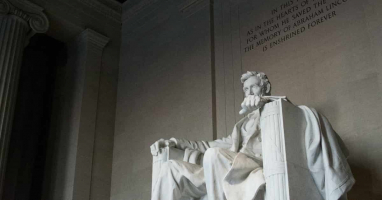
How did Onoda Hiroo Interpret Reality and Continue Living in What Kind of Worldview?
Even if we feel like we are living the same life by seeing the same things and eating the same food, we are actually living in completely different worlds. To give an extreme example for clarity, Islamic extremism that carries out suicide bombings under the name of “Jihad” lives in a worldview that believes “if I die, I can go to heaven.” In other words, they believe that they will lose their lives in this world through combat, but they will be able to lead a wonderful life in heaven after death. Or, people called “QAnon” who support former President Trump believe that “the world is controlled by secret societies, and Donald Trump is a person who is secretly fighting against that organization.”

It’s not always a bad thing. For example, the Wright Brothers believed they could fly when everyone thought it was impossible and achieved a great feat. They too can say that they were living in a completely different reality despite being in the same world.
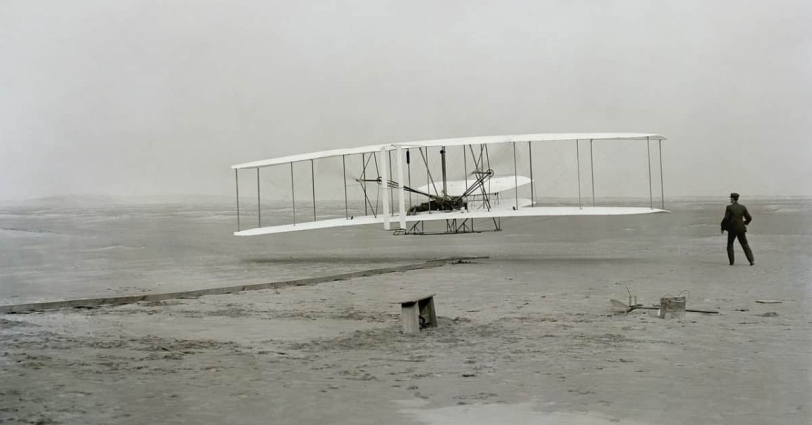
In a more familiar example, deciding to wear red shoes because “today’s lucky color is red” according to a fortune-telling is an example of living in a different world from others. At least I think, “No matter what fortune-telling says, it has no influence on my life”, but some people may believe that “following fortune-telling will make my life better”. Such people can also be said to be living in a completely different reality.
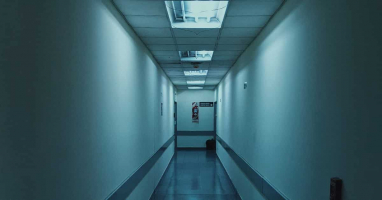
“No matter what reality you live in, as long as you don’t cause big trouble to others, there’s no problem,” I believe. I can’t tolerate interpretations of reality like suicide bombers and QAnon because they cause a lot of trouble for others, but there’s no problem with people like the Wright brothers or those who believe in fortune-telling, even if they cause some trouble.
That’s how I think, and I believe that all people living in society are living in “different realities.”

Let me show you an easy-to-understand scene that illustrates the reality that Onoda Hiroo was living in.
While in hiding, Onoda Hiroo witnessed a person whom he believed to be his father figure using a loudspeaker to call out to him from a mountaintop. However, his father figure could not see him. He was just calling out to him blindly based on information that he should be in the area. At this point in time, ten years had already passed since the end of the war. The plan was to bring him back to Japan by conveying the message that the war had ended from his “father’s” mouth.

However, in this scene, Onoda Hiroo, to his surprise, aimed his gun at his supposed father. What I didn’t know was that he was not alone in the mountains of the Philippines at first, but was initially with three others. When he aimed his gun at his supposed father, his companions subdued him.
Afterwards, Onoda Hiroo told his companions how he interpreted the situation. To his surprise, he had judged that it was not his father who had the loudspeaker, but that someone had “found someone who looked like his father and trained him in vocal mimicry. He concluded that “the war is still ongoing” based on this judgment, because training in vocal mimicry takes time, and his opponents must value him highly if they are willing to go to such lengths to get him to surrender. This suggests that the island is highly important for future strategic purposes.
This is how Onoda Hiroo thought.
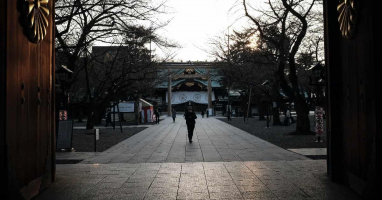
I watched this scene and thought, “I see.” Actually, his interpretation was completely wrong. However, he was trying to judge things “correctly” in his own way. I can’t say for sure that I wouldn’t think the same if I were in Onoda Hiroo’s position. In my case, even if I thought that way, I think I would give up because living in the jungle is too difficult, but Onoda Hiroo had a strong mental strength. He had the ability to live in a world he believed to be “reality”.
That’s why he was able to continue living in the Philippine jungle for 30 years.


Just saying that Onoda Hiroo’s way of life was “different from the ‘reality’ that many people believe” is no different from someone who believes in fortune-telling. Of course, I would be living a different reality than others in some way, and so I consider myself to be the same as Onoda Hiroo. He was just a bit extreme, but we are all on the same vector.
I think the most important thing for me was to realize this by watching the film.

Is There Any Meaning in Pointing Out “that Reality is Wrong?”
As a result, Onoda Hiroo returned to the world that many people recognize as “reality.” But was that really a happy decision for him?
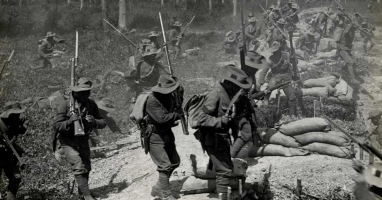
Before delving into that story, there is something that should be written first. It is about the fact that the surrounding residents suffered greatly because Onoda Hiroo continued to hide in the mountains of the Philippines. From the perspective that Onoda Hiroo had a mistaken perception of reality and had a negative impact, it is clear that we must recognize and say, “Your living reality is wrong.” That is inevitable.
However, if Onoda Hiroo had quietly continued to live without causing any trouble to anyone in the mountains of the Philippines, will anything change? Should we still point out to him, “Your living reality is wrong”?

Background to such a question is the fact that “he had been killing people even after the end of the war.” If the war were still ongoing as he perceives, his actions may not be considered a “crime.” However, in reality, he has been killing people even though the war is over. That is why he feels that he might have been happier living in a reality where “the war is still ongoing.”
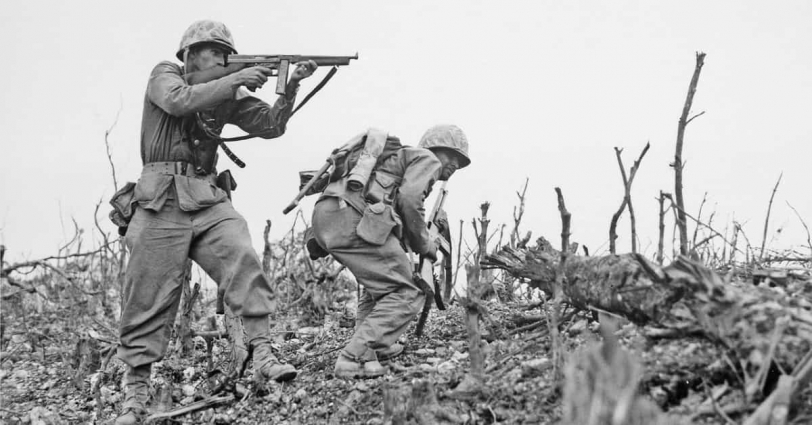
In the world of psychology, there is a state known as “cognitive dissonance.” This refers to a state where a person feels discomfort in response to the “dissonance” they face when confronted with cognition that differs from their original perception. When humans are in a state of “cognitive dissonance,” it is known that they justify their own actions and behaviors to resolve that dissonance.
That’s what it means we cannot endure the state of having “cognitive dissonance.”
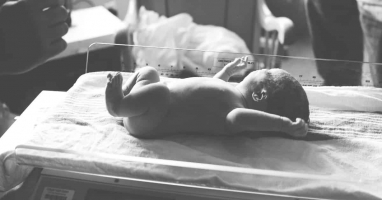
Onoda Hiroo would have been subjected to this “cognitive dissonance” every time he encountered someone who said, “The war is over”. And because he could not withstand this dissonance, he held on to the idea that reinforced his choice to go into hiding in the Philippines even more strongly. “Cognitive dissonance” is easily understood as “one can’t stop smoking despite knowing it’s bad for one’s health”. By thinking in this way, it can be easier to see that his way of life is not unrelated to ours.
Also, to begin with, if Onoda Hiroo is living quietly in the mountains of the Philippines without bothering others, we have no way of knowing in what kind of reality he is living. In other words, we cannot even point out that he is mistaken. This is because the judge of the pros and cons of “interpretation of reality” only occur when there is a discrepancy between my interpretation of reality and that of others.
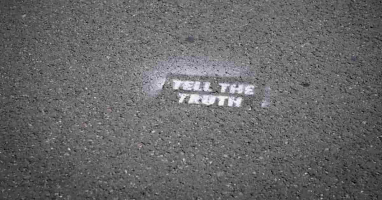
We know that Onoda Hiroo’s interpretation of reality is wrong, but whether we should tell him that or not depends on the situation. For example, in the case of fortune-telling, if someone is in danger of going bankrupt by spending too much money on it or has become unable to make sound judgments due to a kind of brainwashing, it may be necessary to point it out. However, if that is not the case, there is no need to criticize their belief in fortune-telling. It is the same as that.
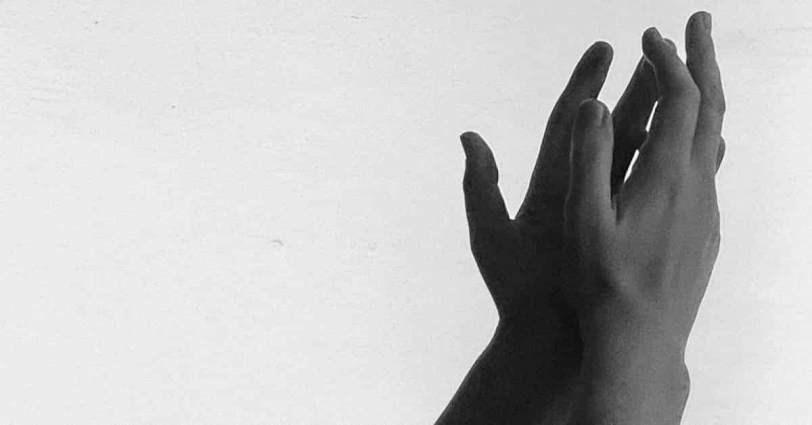
But in reality, a person pointed out to Onoda Hiroo, “The reality you live in is a mistake.” He could not help but to do that. However, if he had just been hiding in the mountains without causing any trouble to others, wouldn’t it have been happier for him to live in a “misinterpreted reality”? It made me think like that.
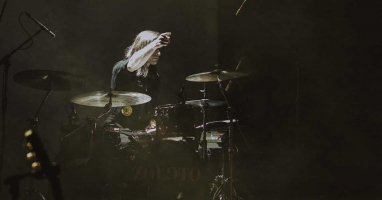
Content Introduction
Onoda Hiroo, who was aiming to become an aviation soldier, realized that he had a fear of heights and became desperate. At that time, he met Taniguchi Yoshimi of Army Nakano School. Army Nakano School is a special educational institution for requesting spies. It is a very special existence that is busy with training that is different from usual in order to conduct “secret warfare”.
At Army Nakano School, Onoda Hiroo was taught, “You have no right to die,” “Don’t sacrifice yourself. Find options to survive no matter what happens,” “Survive for 3 or 5 years, even if you have nothing to eat but coconuts. I will definitely come to get you.” These teachings undoubtedly became the driving force that led Onoda Hiroo to a lonely life in the mountains of the Philippines.

Afterwards, he was sent to Lubang Island. Although he was given command of defeated soldiers, he clashed with soldiers who were already deployed there. Eventually, he decided to carry out the mission with only four people.
During the mission, they once got into a battle with locals. He heard the enemy repeatedly say “war over”, but Onoda Hiroo didn’t believe those words. He made the other three soldiers realize their duty as Japanese soldiers again, and they continued with their own mission “to keep track of the entire Lubang Island until reinforcements arrived, and to be ready to provide information immediately upon the arrival of reinforcements”.
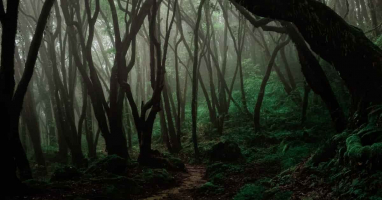
This movie depicts Onoda Hiroo’s life that lasted for 30 years, starting in such a way.
Impression
I was really surprised watching this movie because there were many things I didn’t know about Onoda Hiroo. In this article, I wrote that “I didn’t know that Onoda Hiroo had companions,” but I was also surprised to learn that I knew nothing about the circumstances that led to Onoda Hiroo’s return to Japan.
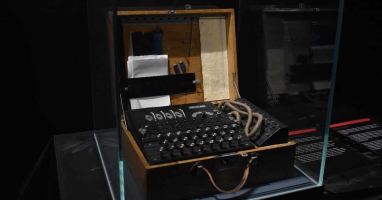
Surprisingly, it was the report of a Japanese tourist who discovered Onoda Hiroo living in the jungle that led to his survival being confirmed.
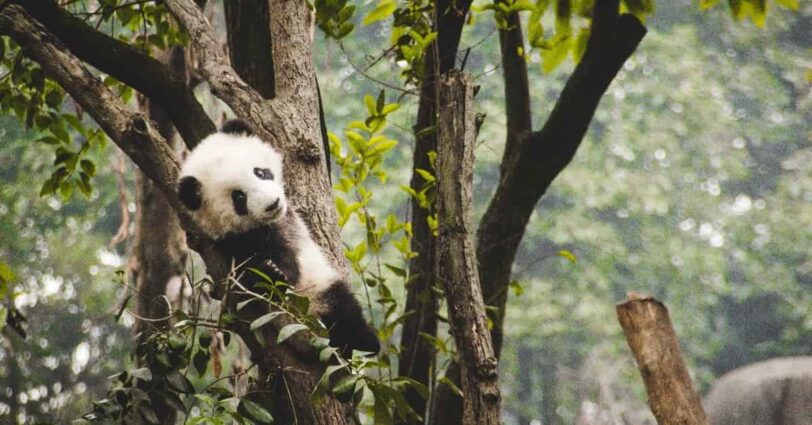
The tourist, Suzuki Norio, said to Onoda Hiroo,
I was trying to find “wild pandas,” “Mr. Onoda,” and “yeti” in that order, but I never thought I would actually meet you.
From these words, one can generally understand how Onoda Hiroo was treated within Japan. He was considered almost as non-existent as the “yeti.” According to the official website, Onoda Hiroo was already pronounced dead as of 1959. It was probably considered a natural decision since no one thought he could still be alive.
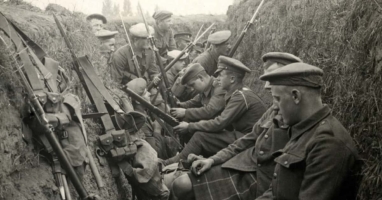
It’s still too early to be surprised. In order to convince him who insisted strongly that “I haven’t received the order to be relieved of my duties yet”, Suzuki Norio went to find Taniguchi Yoshimi after returning to Japan and brought him to the Philippines. Finally, when Taniguchi Yoshimi informed him that he was relieved of his duties, Onoda Hiroo decided to return to Japan.
It would be very hard to believe. That’s what it means if Suzuki Norio hadn’t been determined to find Onoda Hiroo, who was on the same level as a “yeti”, and happened to come across him in the jungle, and then convinced Taniguchi Yoshimi to bring him to the Philippines, Onoda Hiroo might not have returned to Japan.
If this were fiction, it would be dismissed as “something that could never happen” and end there. It is a tremendous film that makes us realize that such an impossible event was actually happening.
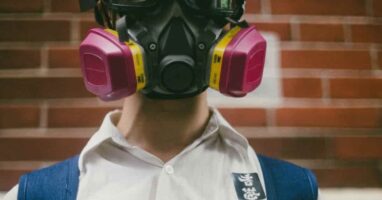
Conclusion
Although there were some aspects of the film that were a bit inferior, such as the CG being so cheap that I could tell even by watching it, the content was very interesting. I think it was innovative to divide the role of Onoda Hiroo into two actors for his youth and adulthood.
It’s a movie that makes you feel the terror of reality.

Published Kindle books(Free on Kindle Unlimited)
“The genius Einstein: An easy-to-understand book about interesting science advances that is not too simple based on his life and discoveries: Theory of Relativity, Cosmology and Quantum Theory”
“Why is “lack of imagination” called “communication skills”?: Japanese-specific”negative” communication”







コメント